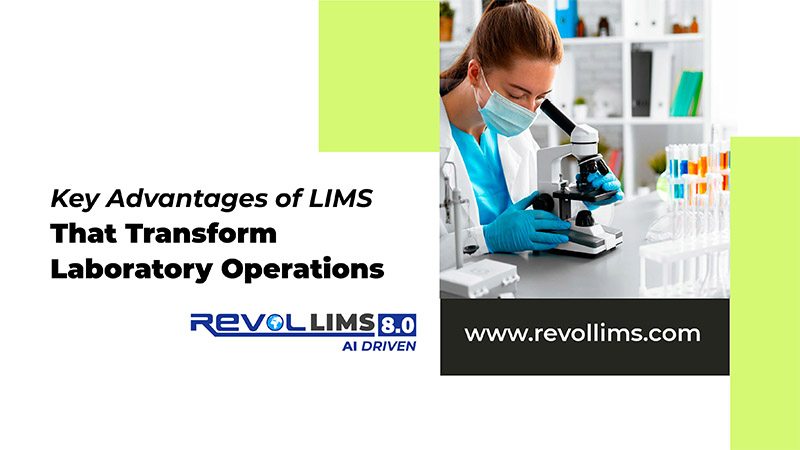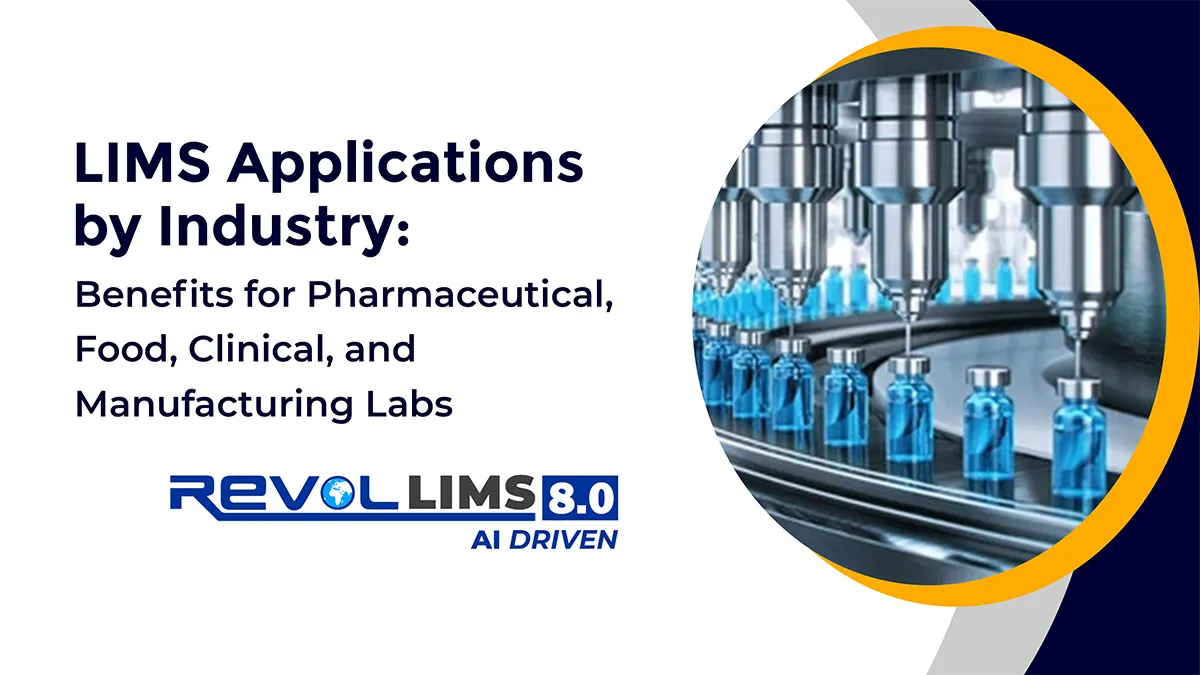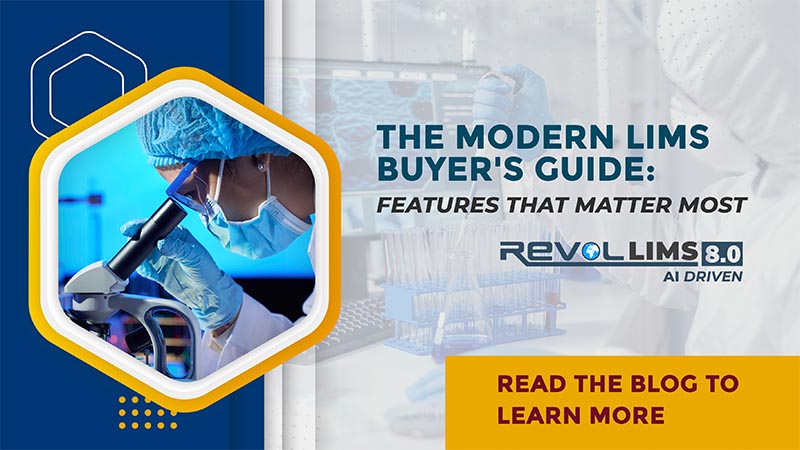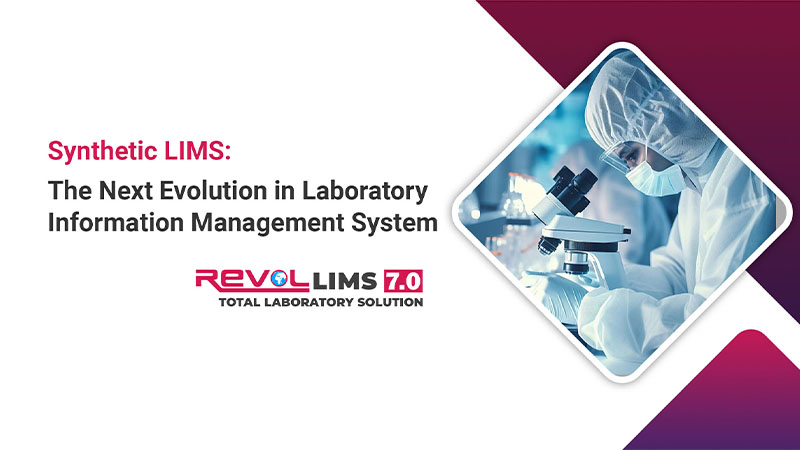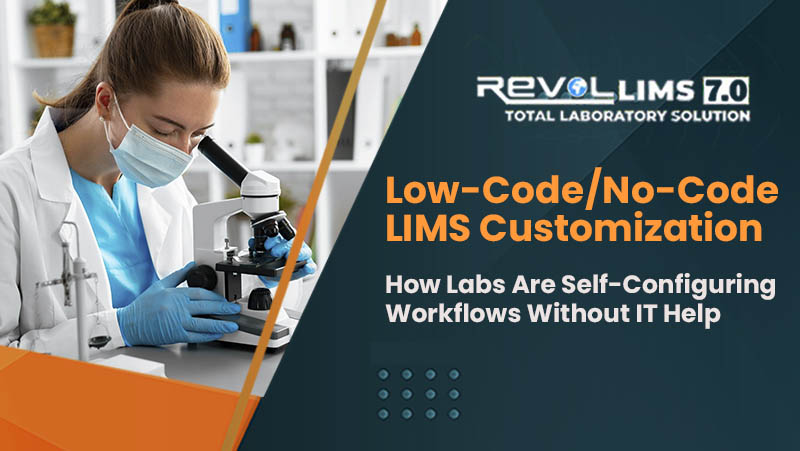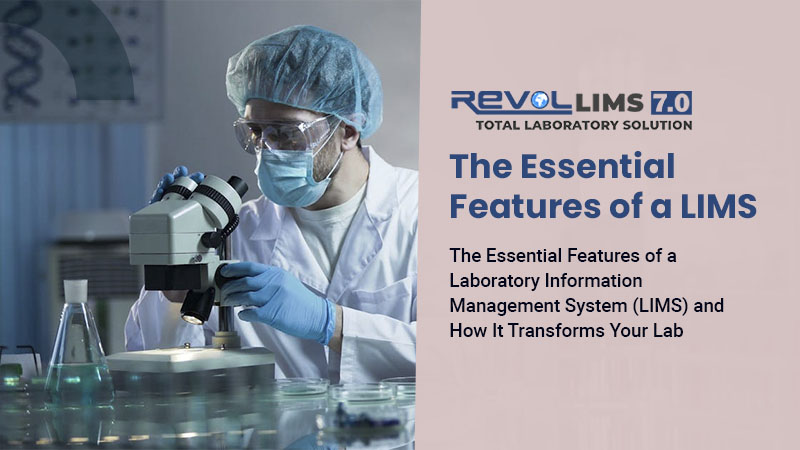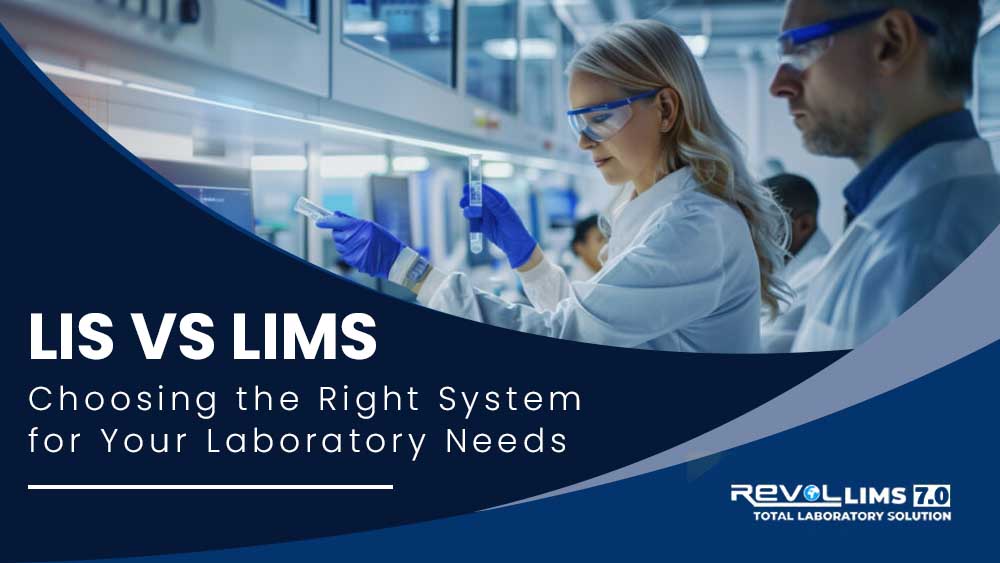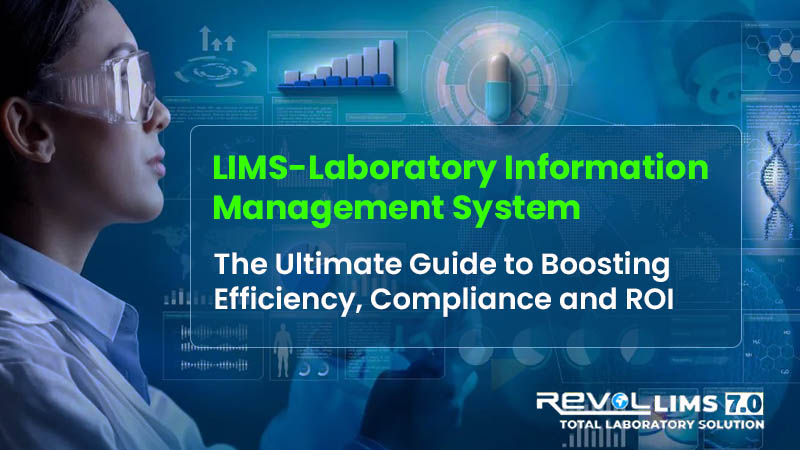
Introduction
Choosing whether to build or buy a Laboratory Information Management System (LIMS) is a critical decision for any laboratory. Many labs begin with paper-based workflows and manual documentation, eventually transitioning to spreadsheets for sample tracking and inventory management as they grow. However, as challenges such as lost information, inefficient report generation, compliance concerns, security issues, and the need for instrument integration arise, the limitations of spreadsheets become apparent, prompting labs to seek more advanced solutions.
Before deciding whether to build or purchase a Laboratory Information Management System, it's important to assess the lab's specific needs. This includes understanding testing requirements, instrument connections, and other specialized needs.
Building a Laboratory Management Software In-House
When considering in-house development, several factors should be evaluated:
- Keeping Pace with Commercial Systems
Building an internal system may result in falling behind commercial solutions, as vendors dedicate years of development to improve their products, adapt to market demands, and implement user feedback. - Alignment Across Multiple Labs
If multiple labs within an organization intend to use the same proprietary system, aligning user requirements can be difficult. Creating a universally adaptable system may lead to delays in deployment and challenges with ongoing support. - Limited Resources and Expertise
In-house development teams often lack the specialized expertise that commercial vendors bring to the table. Resource constraints can lead to difficulties in maintaining a development team, especially when employees leave, taking valuable knowledge with them. Long-term support may become a challenge. - Project Management and Documentation
Successful project management and thorough documentation are essential for in-house development. However, these aspects are often overlooked, and training should go beyond manuals to include interactive sessions to ensure the system is used effectively. - Instrument Integration and Regulatory Compliance
Internal developers may not possess the necessary experience for integrating instruments or ensuring compliance with industry regulations. Compliance with FDA, ISO, and other standards is crucial, and meeting validation and qualification requirements is key to regulatory adherence.
The Benefits of Buying Commercial Laboratory Management Software
Opting for a commercial Laboratory Information Management Software offers numerous advantages:
- Expertise and Support
Commercial vendors offer dedicated teams of experts who continually improve their products based on user feedback and market needs, ensuring access to the best solutions. - Configuration vs. Customization
Commercial LIMS typically offer configurable solutions that can be tailored to the lab’s needs without sacrificing support or the ability to upgrade. In contrast, heavy customization can compromise system integrity and upgradability. - Seamless Instrument Integration
Vendors with experience in integrating laboratory instruments ensure smooth data exchange and sample run automation, addressing nuances in instrument operation that may not be captured in user requirements alone.
Conclusion
Choosing a commercial Laboratory Information Management Software like Revol LIMS allows labs to leverage the expertise, ongoing development, and customer support of a dedicated vendor. Revol’s system offers flexibility, a wide range of features, seamless instrument integration, and continuous updates based on industry needs.
While in-house development may seem cost-effective, it often presents challenges in terms of resources, expertise, and long-term support. By opting for a commercial solution like Revol LIMS, labs can streamline workflows, improve efficiency, and ensure long-term success. The advantages of buying a commercial LIMS—such as better functionality, continuous support, and scalability—often outweigh the drawbacks of in-house development.

